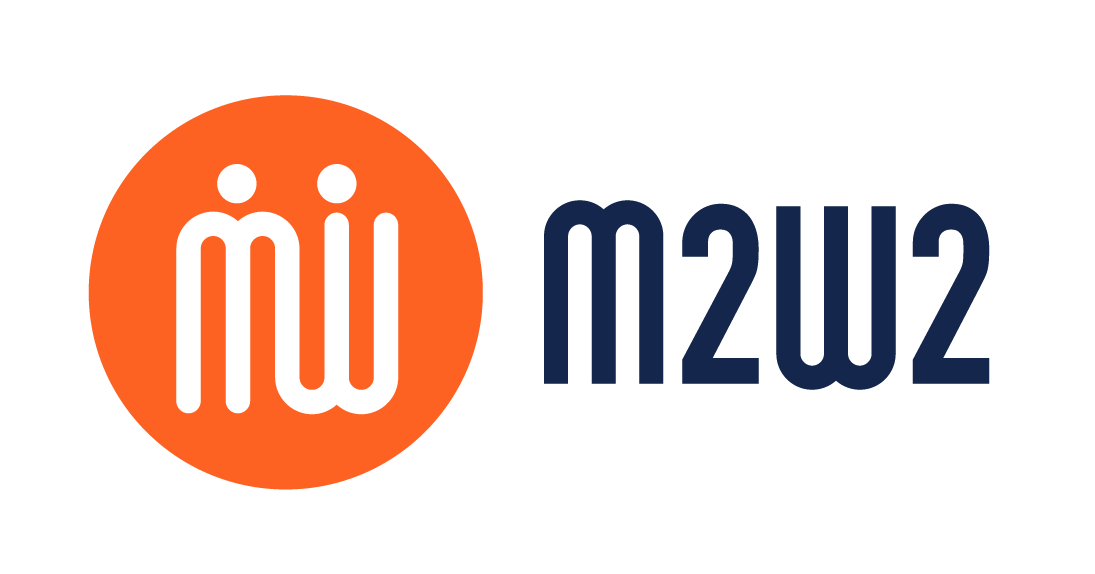For Hilary King, volunteering is an activity that takes her across borders. Here in Canada, she’s an in-prison mentor with M2/W2, something she’s done for over twenty years. She is also the founder and Executive Director of Embrace Rwanda, a non-profit organization that aims to empower and educate Rwandan women and their families.
“I first visited Rwanda in 2006,” Hilary says. “At a small, rural hospital I saw premature babies placed in bowls in front of a wood fire to keep warm; my heart was touched.”
Embrace Rwanda started as the Healthy Mums Program, which initially focused on teaching nutrition and hygiene to women during pregnancy. During its first two years, the program grew rapidly, with over 200 women participating.
Seeing a wider need, Hilary expanded the program’s scope. She worked alongside government and non-government partners to develop training and support in five areas: family health and nutrition, early childhood education, social and spiritual growth, self employment, and vocational skills.
Today, almost 2,500 women are enrolled in the Healthy Mums Program, with hundreds of others having already completed it.

Blanket Project: From a Prison in Maple Ridge to Rwanda
As for the newborns, Hilary reached out to a group of crocheters at Alouette Correctional Centre for Women (ACCW), in Maple Ridge, BC, and asked them if they’d be willing to make baby blankets. This was the beginning of the Blanket Project, which sees women at ACCW crochet blankets for mothers across Rwanda.
The project not only benefits families in Rwanda, it also links women in prison to the wider world. In a radio documentary, one crocheter says, “It made it a little less lonely. Jail is a lonely place, and anything that connects you with other people, whether it be on your unit or across the world, is a very special thing”
Peace Basket
On a recent trip to Rwanda, Hilary visited a large prison in the Eastern Province. She was there to observe a gardening project for Embrace Rwanda, yet when the inspector learned of Hilary’s work with M2/W2 and the Blanket Project, she gave Hilary an agaseke, a traditional woven basket used to store food and grain, and a symbol of peace, unity, and reconciliation.
The skill of weaving an agaseke is shared from mother to daughter, and learning that skill is a rite of passage for many Rwandan women. After the genocide in 1994, to provide for themselves, their families, and the country’s orphans, Rwandan women formed cooperatives to create handcrafted goods, including agaseke. And so its zig-zag symbol came to represent two women holding hands.
Hilary decided to give the agaseke to ACCW, to recognize the contributions the women there have made through the Blanket Project.
“I feel privileged to share in their journeys,” Hilary says of the women at ACCW. “By visiting them, I can bring some hope that the future can be better. My faith in Jesus Christ assures me that he loves these women and longs for them to become who he created them to be.”
During National Volunteer Week, we are shining a light on our volunteers, like Hilary, whose hard work and dedication help form the foundation of our organization. Thank you, volunteers!
Thinking about volunteering? Give us a call. Right now, close to 200 incarcerated men and women are waiting to join our in-prison mentorship program. In addition, our NOLA program needs volunteers to mentor people who are transitioning from prison to the community.

